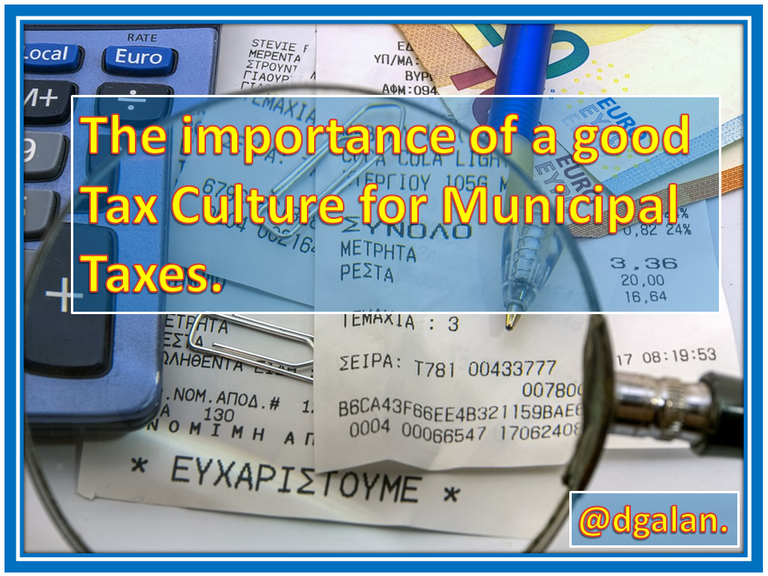Written by:Diomer Antonio Galán Rincón.
Bachelor's Degree.Public Accounting / MSc.Science of Higher Education.

Image taken from:Pixabay
In Venezuela, most of the municipalities do not have local finances that provide them with sustainable income, such limitation makes them dependent on the income budgeted by the Nation, through the municipal constitutional appropriation.
In relation to this situation, the local administrations have been searching for a correct tax collection system, having in mind a set of varied instruments that allow them to maximize tax revenues, thus reducing tax evasion and tax avoidance in the economy of the municipal treasury.
Within this order of ideas, the municipalities with their different administrative denominations have had financial autonomy, a faculty that has allowed them to develop mechanisms to obtain resources, and therefore demand certain taxes from the citizens.

Image taken from:Pixabay
As stated in Article 179 of the Constitution of the Bolivarian Republic of Venezuela, "the municipalities are empowered to obtain income through fees, special contributions and taxes, they will have the power to create, modify and suppress them, in addition to establishing exemptions, exonerations and rebates as tax incentives for taxpayers, which will be established in the ordinances of each municipality.
In accordance with the foregoing, it is imperative that taxpayers comply with their obligations, with the purpose of investing the revenues collected for the satisfaction of the needs of the public charge; such as roads, lighting, public services, sidewalks and sidewalks; so it is necessary that the taxpayers understand the importance of paying them as specified in Article 133 of the Constitution of the Bolivarian Republic of Venezuela: "Every person has the duty to contribute to the public expenses through the payment of taxes, rates and contributions established by law".
Therefore, tax culture is a set of knowledge and actions in which a society expresses itself, that is to say, a conduct presented in the compliance with tax duties in a given area and period, based on the awareness, behaviors and values of the taxpayers, in addition to respect for the law, social commitment and citizen support of the taxpayers.

Image taken from:Pixabay
That is why the tax culture seeks to create awareness in each of the participants through their education, establishing that such commitment is not only a tax obligation, but a duty of each inhabitant before society to achieve the development of the country and contribute to the fulfillment of its fundamental purposes by the public treasury.
Therefore, in order to educate the taxpayer to pay the municipal tax on economic activity, it is necessary that they recognize that in this type of tax the taxable event does not correspond to services rendered or activities carried out by the public administration and does not imply a direct consideration by the state but represents the cost that each person must assume, according to their economic capacity, to live in a civilized society.
I hope you like my article and I would appreciate all your comments.
